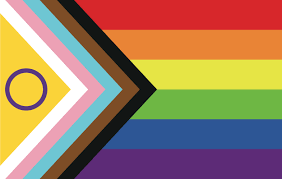You can find detailed information about how to get to CASA House on our contact page.
Detailed building access information including measurements, bathroom descriptions and sensory information.
Information about CASA House in different languages and information about interpreters.
Information about what happens in an intake appointment in easy English.
CASA House aims to be a service for everyone.
Our counsellor advocates work from an intersectional and inclusion framework. Our team undertakes regular training to learn about the specific needs of different cultural and identity groups. We work to continuously learn more about how systems of oppression affect people, and how we can best counter this.
Inclusivity at CASA House means that we believe all people have the right to be welcomed, believed, respected, valued and supported.
CASA House is committed to providing a service that is inclusive, responsive and meets the needs of all victim survivors. We serve a wide range of communities, including people who are:
We understand some victim survivors might hesitate to contact us, out of concern we won't understand their identity, culture, access needs or experiences. It could also be because of experiences of stigmatisation, racism, misogyny, transphobia, homophobia, ableism and other types of discrimination from other professionals and services. Please tell us about how we can best support you to access our service in your initial call or intake.
The CASA House website is designed to meet the Level AA standard of the Web Content Accessibility Guidelines (WCAG) 2.1.
We aim to make our digital information accessible and simple to navigate. If you have any feedback about your experience on our website, please contact us.





CASA House acknowledges the Traditional Custodians of the land on which we work, the Wurundjeri and Boonwurrung peoples of the Kulin Nation. We recognise their continuing connection to, and care for, land and waters. We acknowledge this land was stolen, and that sovereignty was never ceded. We pay our respect to Elders, past and present.